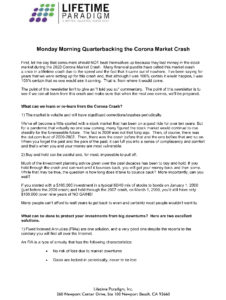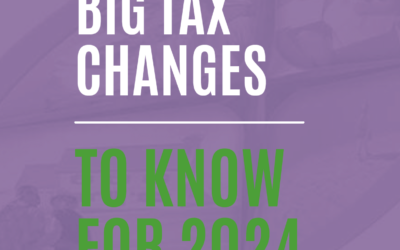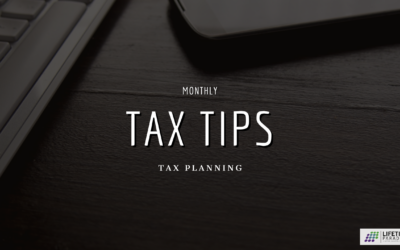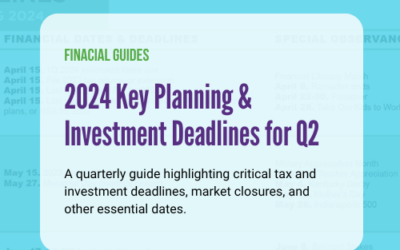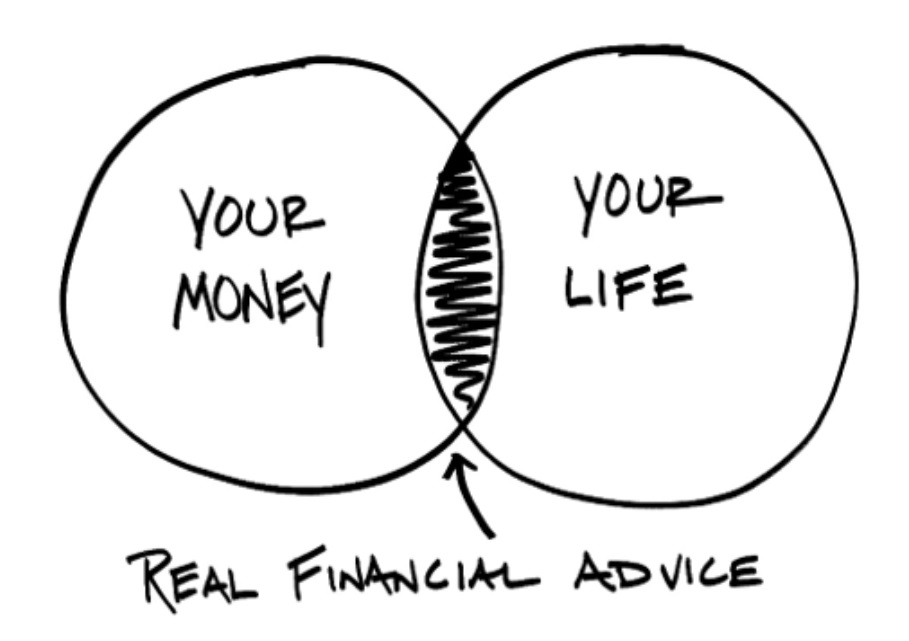The Smart Income Independence Planning
Monday Morning Quarterbacking the Corona Market Crash
First, let me say that consumers should NOT beat themselves up because they lost money in the stock market during the 2020 Corona Market Crash. Many financial pundits have called this market crash a once in a lifetime crash due to the speed and the fact that it came out of nowhere. I’ve been saying for years that we were setting up for this crash and, that although I was 100% certain it would happen, I was 100% certain that no one would see it coming. That is, from where it would come.
The point of this newsletter isn’t to give an “I told you so” commentary. The point of this newsletter is to see if we can all learn from this crash and make sure that when the next one comes, we’ll be prepared.
What can we learn or re-learn from the Corona Crash?
1) The market is volatile and will have significant corrections/crashes periodically.
We’ve all become a little spoiled with a stock market that has been on a good ride for over ten years. But for a pandemic that virtually no one saw coming, many figured the stock market would continue to rise steadily for the foreseeable future. The fact is 2008 was not that long ago. Then, of course, there was the dot.com bust of 2000-2002. Then, there was the crash before that and the one before that and so on. When you forget the past and the pain of the past, it can lull you into a sense of complacency and comfort and that’s when you and your money are most vulnerable.
2) Buy and hold can be painful and, for most, impossible to pull off.
Much of the investment planning advice given over the past decades has been to buy and hold. If you hold through the crash and can wait until it bounces back, you will get your money back and then some. While that may be true, the question is how long does it take to bounce back? More importantly, can you wait?
If you started with a $100,000 investment in a typical 60/40 mix of stocks to bonds on January 1, 2000 (just before the 2000 crash) and held through the 2007 crash, on March 1, 2009, you’d still have only $100,000 (over nine years of NO GAINS!
Many people can’t afford to wait years to get back to even and certainly most people wouldn’t want to.
What can be done to protect your investments from big downturns? Here are two excellent solutions.
1) Fixed Indexed Annuities (FIAs) are one solution, and a very good one despite the reports to the contrary you will find all over the Internet.
An FIA is a type of annuity that has the following characteristics:
- No risk of loss due to market downturns
- Gains are locked-in periodically, never to be lost
Why are FIAs not used more widely in the financial services industry? It depends on who you ask, but many advisors don’t like the fact that most FIAs have caps on the gains. That’s true and it’s not fun to get a 6% return in your annuity when the stock market returns 15%. However, it sure is fun to get a zero rate of return, to lose none of your principal and previous gains when the stock market goes negative 10%, 20%, 30% in any given year.
2) Tactical Money Management
While an FIA can be a nice tool to use as you grow wealth for and in retirement, most people will also have money “in the market.” Instead of putting all that money in a buy/hold portfolio, it might make sense to seek out money managers who tactically manage the portfolio to mitigate risk.
Most tactical money managers typically do not try to keep up with buy/hold benchmarks like the S&P 500 or even a typical 60/40 blend of stocks to bonds. Their goal is to limit the risk of their strategy to a certain drawdown (like no more than 10% or 15%). Because many tactical managers underperform in a steadily upmarket, people might find them boring. They are not so boring, however, during a Corona Crash.
Summary
If you have lost significant money during the Corona Crash, try not to beat yourself up. You might look a little crossways at your financial planner if he/she didn’t incorporate FIAs and tactical money management into your portfolio, but that’s on the advisor, NOT on you.
The reality is that there is no such thing as a perfect investment and investment advisors are really not money gods. The goal is to learn and do better as we move on in life and hopefully this newsletter will help you feel better about your situation and your ability to avoid feeling the pain (or at least mitigating the pain) of the next stock market crash.
Want help or a review of your situation?
We really do have better, smarter and safer ways for you to invest your money and plan for your future. Just let us know when you would like to learn about them. If you would like a review of your current finances, we’d be happy to help.

Big Tax Changes to Know for 2024
Financial Guides2024 has brought some big tax changes with it. It’s essential to stay informed about these...
The Smart Tax Planning Newsletter March 2024
Tax PlanningIn This Issue: IRAs for Young Adults Get Up to $32,220 in Sick and Family Leave Tax Credits New Crypto Tax...
2024 Key Planning & Investment Deadlines for Q2
Financial GuidesSpring is coming and to keep you financially organized for Q2, we are providing you with our Spring...

